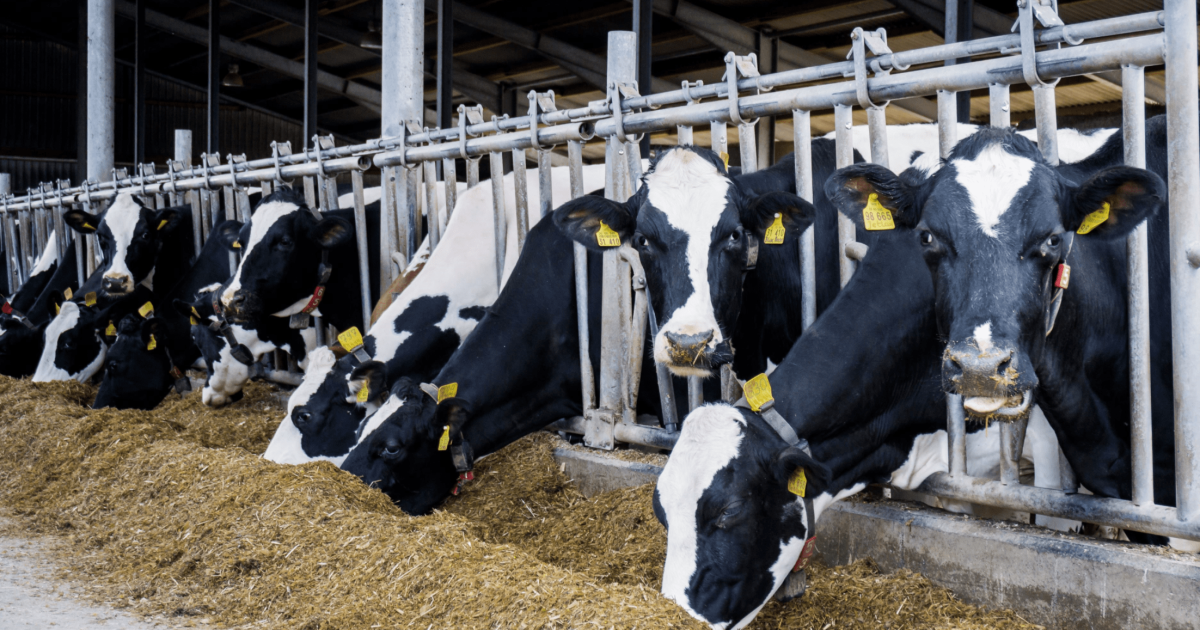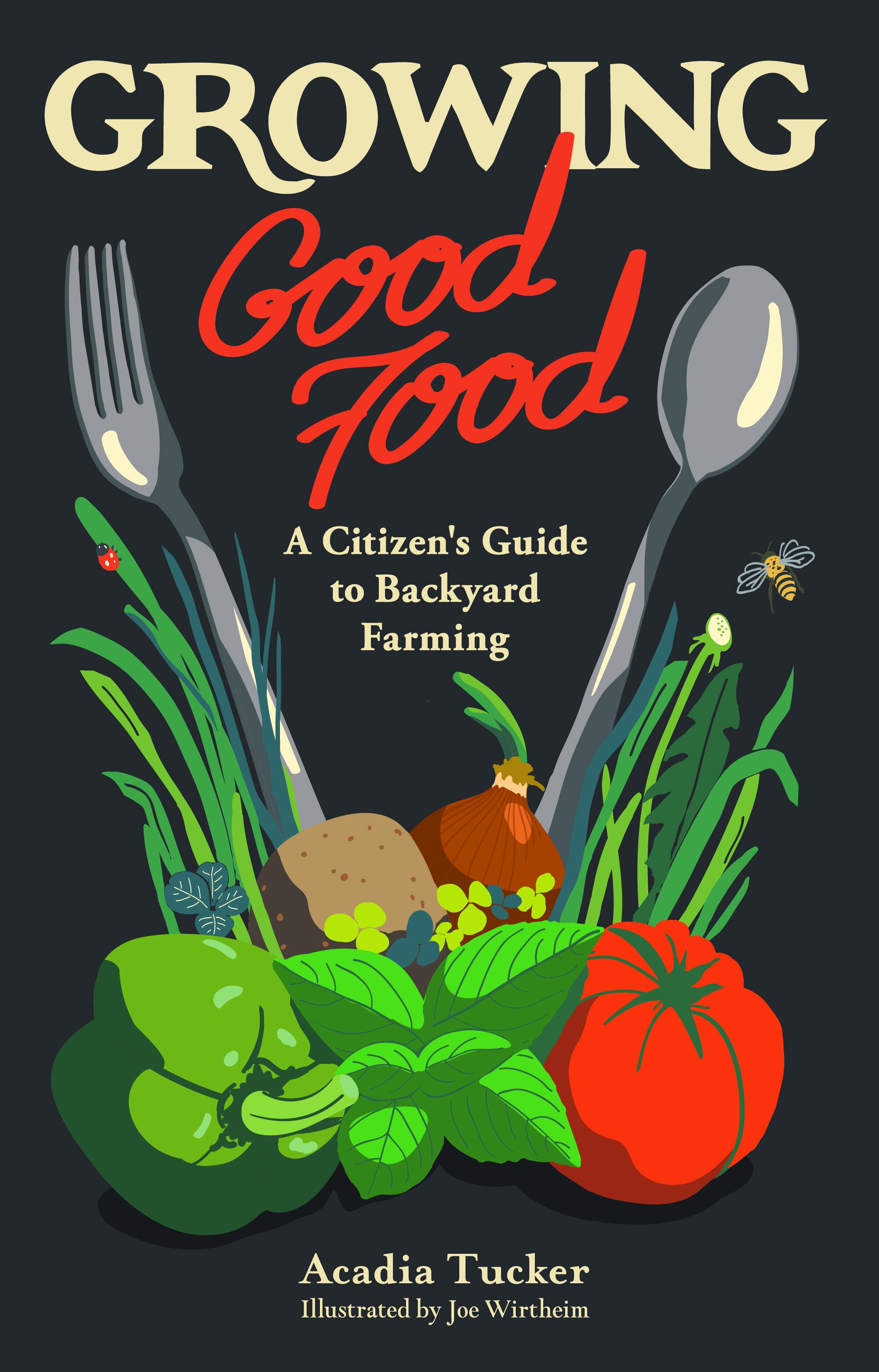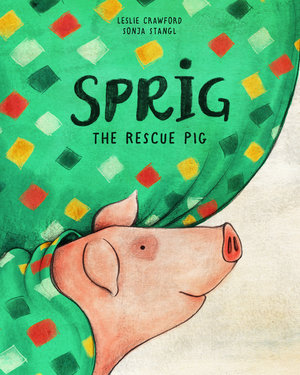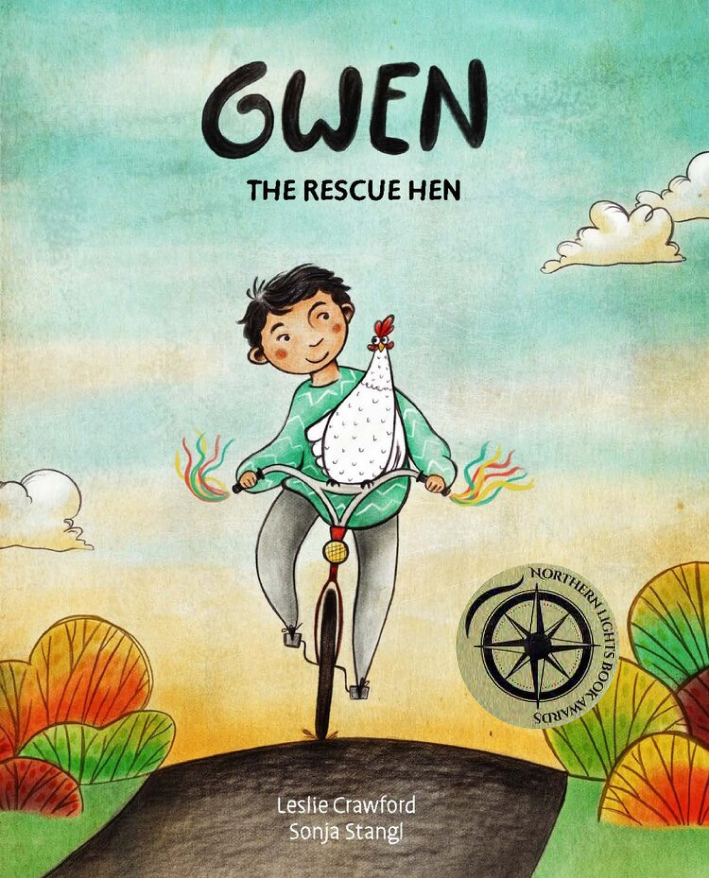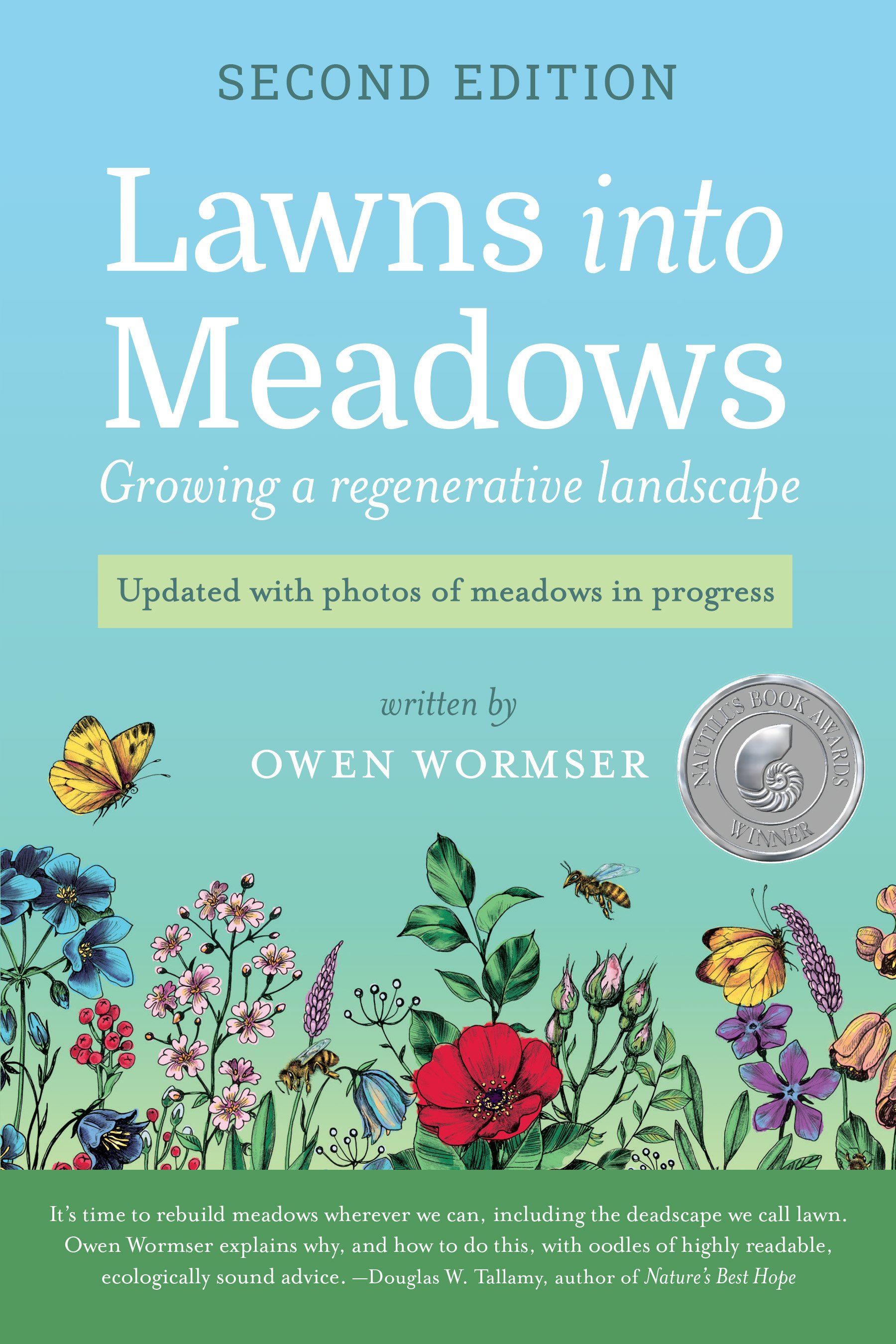Why aren't we talking about the problem with animal agriculture?
Animal agriculture has a big climate impact but is seriously underreported in media, with profound consequences for the health of the planet. Photo source: Humane League
Animal agriculture is a leading contributor to climate change and yet we seldom read about it in the news. Why is that? Several researchers recently set out to answer that question. The result is a flurry of new studies concluding that, in fact, the link between animal agriculture and climate change is significantly underreported by the media, with severe consequences for the environment.
“The belief that ‘eating less meat is better for the environment’ is at an all time low. ”
Researchers say the underreporting is tied to a widespread failure to understand just how bad animal agriculture can be for the planet. The belief that ‘eating less meat is better for the environment’ is at an all time low, according to a 2023 study conducted by Purdue University, in spite of plenty of climate science to the contrary.
In fact, the environmental damage done by animal agriculture is significant. It is the second largest contributor to human-made greenhouse gas emissions after fossil fuels, a leading cause of deforestation and biodiversity loss, and the world’s greatest global polluter of water, according to the Food and Agriculture Organization of the UN (FAO).
It’s also hugely inefficient. One third of the planet’s ice-free land surface, as well as nearly 16 percent of global freshwater, is used to raise livestock. And a full third of worldwide grain production goes to feed livestock.
“In spite of the evidence, the media rarely reports on the destructive nature of animal agriculture.”
Yet, in spite of the evidence, the media rarely reports on the destructive nature of animal agriculture. When researchers evaluated The Los Angeles Times’ coverage of climate change, they concluded that between 1999 and 2010 just five percent of articles linked it to livestock. In another just-released study from Sentient Media and Faunalytics, researchers analyzed 1,000 climate-related articles and found that only seven percent discussed animal agriculture.
Researchers also found the coverage can be slanted in favor of industrial agriculture. In the review of 1,000 climate-related articles, they found the industry was “often portrayed as a victim of climate change.” And when diet was discussed, the effectiveness of plant-based eating was often downplayed.
Last year, another set of researchers reviewed articles that appeared in major US newspapers between 2018 and 2020 and found they gave equal weight to “both sides” in reporting on the role of animal agriculture emissions in climate change.
Researchers in a 2020 study found similar results. That is, media coverage of animal agriculture’s role in climate change in the UK and USA from 2006 to 2018 was very low. And when it was covered, big meat producers were not held to account. “A range of options around personal dietary change was far more prominent in the media discussion of solutions than government policies, reforming agricultural practices or holding major animal food companies accountable for their emissions,” wrote researchers.
“Participants were “twice as likely to identify the transport sector as an important contributor to climate change compared with meat production, despite the two sources accounting for a roughly equal share of global anthropogenic GHG emissions.”
People are far more likely to blame the transportation sector for climate change. Research published in 2019, found that participants were “twice as likely to identify the transport sector as an important contributor to climate change compared with meat production, despite the two sources accounting for a roughly equal share of global anthropogenic GHG emissions.”
In more evidence of the link between weak media coverage and the public’s failure to understand the threat posed by animal agriculture, a new study by Madre Brava evaluated 92,000 climate change articles in English publications and found that only 450, or 0.5 percent, cited animal agriculture as a source of emissions. This makes the findings of a separate poll, also conducted by Madre Brava, unsurprising: It found that almost seven in 10 people Americans did not know anything about industrial meat production.
This awareness gap has profound consequences for the health of this planet. Namely, it makes it less likely people will push for reforms in the way we raise animals and adopt more plant-based eating. A hint of what could be achieved if people were armed with correct information was suggested by the Madre Brava poll. The vast majority of survey participants identified as meat-eaters. But when a simple definition of how industrial meat affects the environment was supplied, all the participants—including 72 percent of Americans— said they are concerned about its harmful impact.
Meanwhile, meat consumption is projected to grow in this country by 5 percent a year. Globally, it’s expected to increase by 14 percent by 2030, further increasing animal agriculture’s negative impact on the environment.

